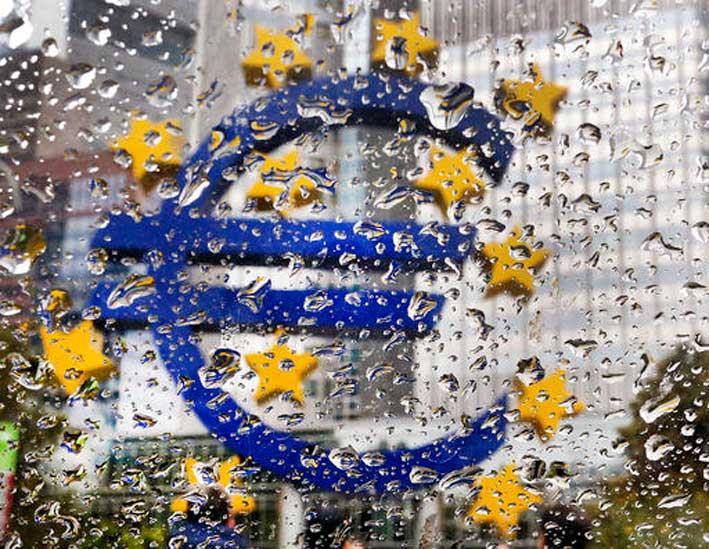Malta's new central bank governor has rejected claims that European Central Bank policy has fuelled populism, saying that Europe's economies are healthier and less susceptible to extreme politics thanks to ECB intervention.
His comments, in an interview with The Wall Street Journal, are a direct rebuke to German Finance Minister Wolfgang Schäuble, who earlier this year blamed the ECB for a rise in populism.
"To say it's the ECB's monetary policies that are fuelling populism sounds like populist rhetoric to me," said Mario Vella, who sits on the ECB's Governing Council.
"Had there not been those policies in place, I think European economies would have been worse off," he said. "Contrary to what has been suggested, that would have fuelled populist rhetoric."

The ECB says its very accommodative policy, including large-scale asset purchases and negative rates, have revived growth and held off deflation in the currency bloc. Economists say that falling prices, or deflation, are dangerous because they can weaken consumption and raise the cost of debt.
These aggressive ECB policies have, however, come under heavy criticism in Germany, where bankers, politicians and citizens lament lost interest income. The outcry reached a crescendo in April when Mr Schäuble said that the ECB's low-interest rate policy was to some extent responsible for the rise of a far-right party in Germany. Mr Schäuble later walked back the comments.
The Maltese governor, whose term at the bank began in July, said that ECB policy had to be "steady on as is, until we have data which shows the contrary."
Dr Vella gave little away regarding the ECB's closely watched meeting on December 8, where the central bank is widely expected to outline the future of its €80 billion-per-month bond-purchase program, which is due to end in March.
Many economists expect the programme to be extended by at least six months.
"The clear answer is you have to wait till December," he said when asked about future ECB policy. "Whatever happens will not be sudden and will depend on how things develop between now and then," he said. "Clearly whatever is done would be based on empirical evidence."
"I don't think anyone is expecting any sudden rupture with anything. That would be absurd and crazy."
His and other comments underscore the importance of the ECB's December meeting, when it will have new forecasts for growth and inflation to 2019.
On Wednesday, Governing Council member Ardo Hansson told The Wall Street Journal: "At some point of time we have to say what comes after March, one possibility is to do that in December."
The 63-year-old Libyan-born central banker took the helm of Malta's central bank after a career in academia, investment promotion, and being president of the Maltese Labour Party.
From the late 1970s to the early 1980s, he was a member of the now extinct Communist Party in Malta. In the early 1980s, he studied in East Berlin. He said that in his younger days he "had very strong left-wing leanings." When asked if he still did, he suggested he didn't think he could be the governor of a central bank if that were the case.
"I can now say that these experiences were driven by an intense intellectual curiosity and, all in all, they have had a powerful maturing effect on my understanding of Europe and the world," he said in an email following the interview.
Dr. Vella and his team stressed the benefits of globalization and trade, also for people on low income. "Trade brings growth. And growth favours the most vulnerable in society," said the central bank's chief economist, Aaron Grech.